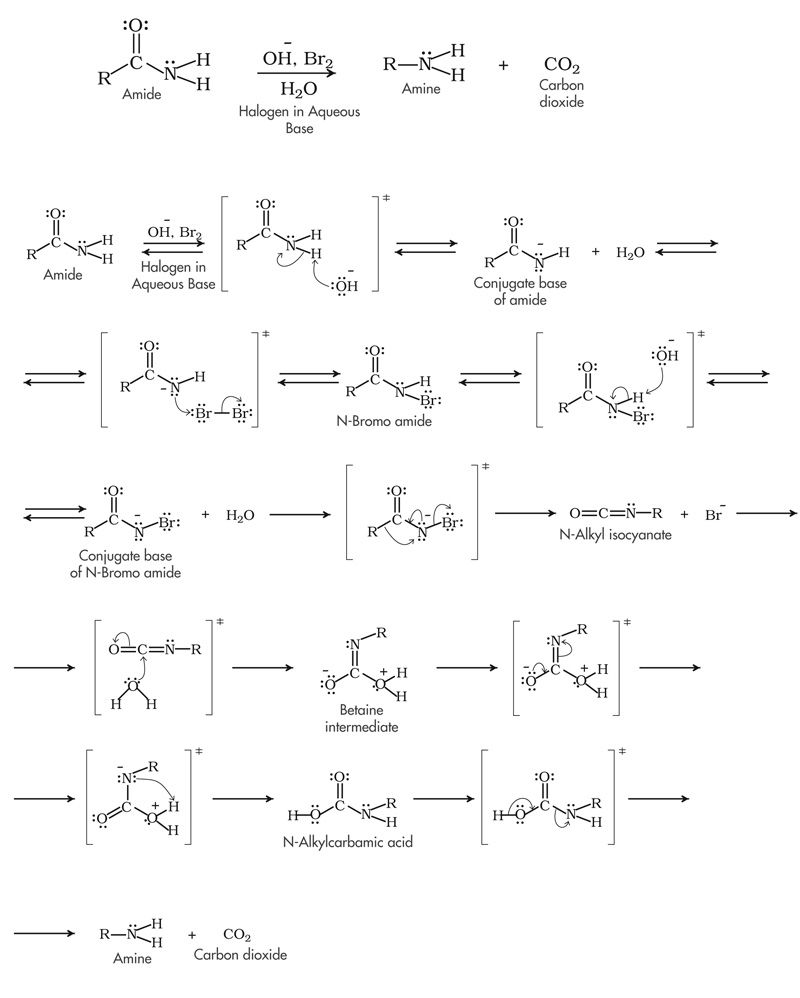- Joined
- Feb 1, 2015
- Messages
- 112
- Reaction score
- 70
- Points
- 4,631
- Medical Student
That's even a class? What is the grading even based on - attendance?
The only pre req I got a B in was bio 101. I always did worse in the easy classes bc I thought I could slack off and not try. If a class isn't hard, I just can't make myself pay attention or even show up.
Other classes I got Bs in were calc 1, speech, music appreciation, and orientation to college.
For me, the hardest classes were the easiest ones.
Sent from my iPhone using SDN mobile






